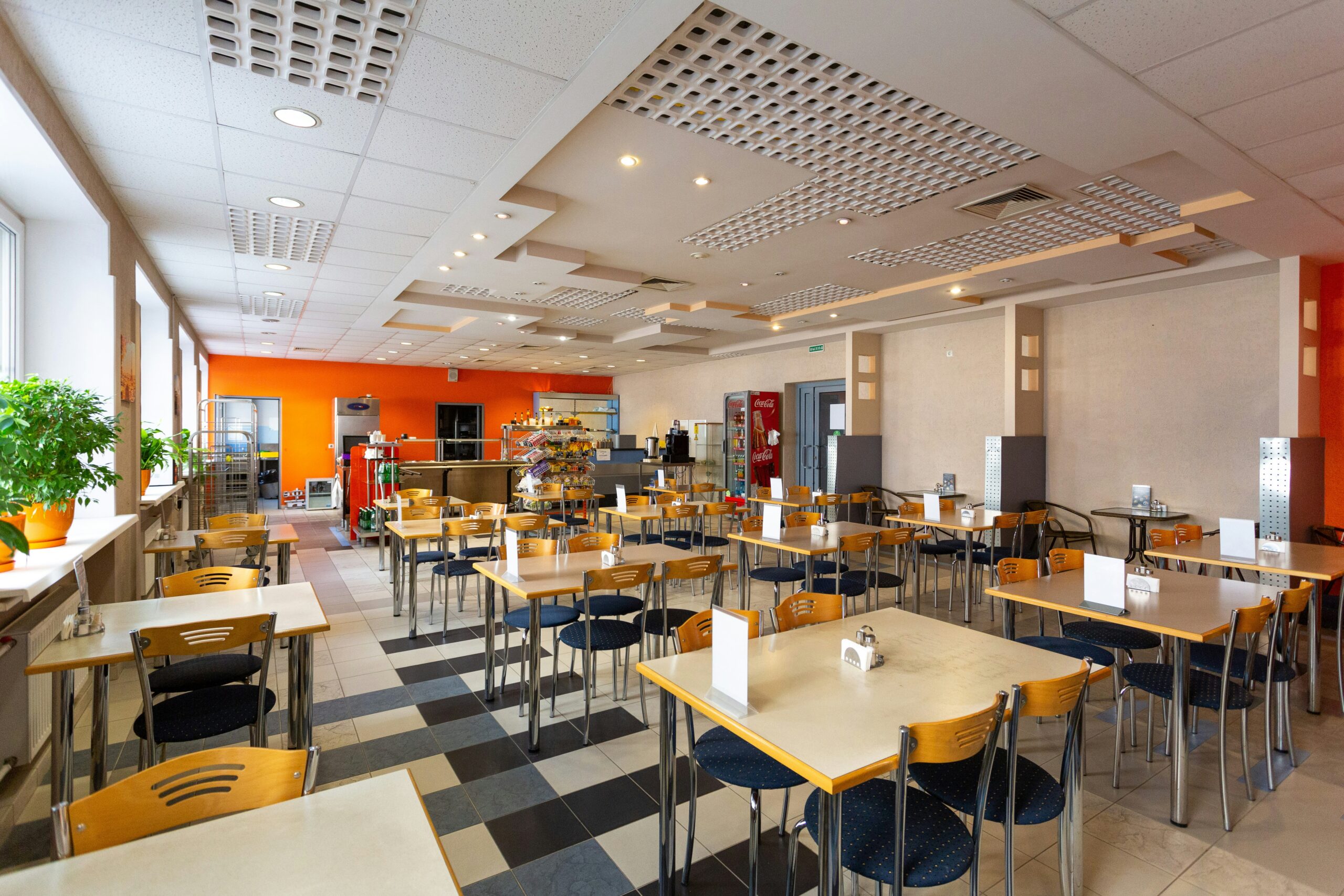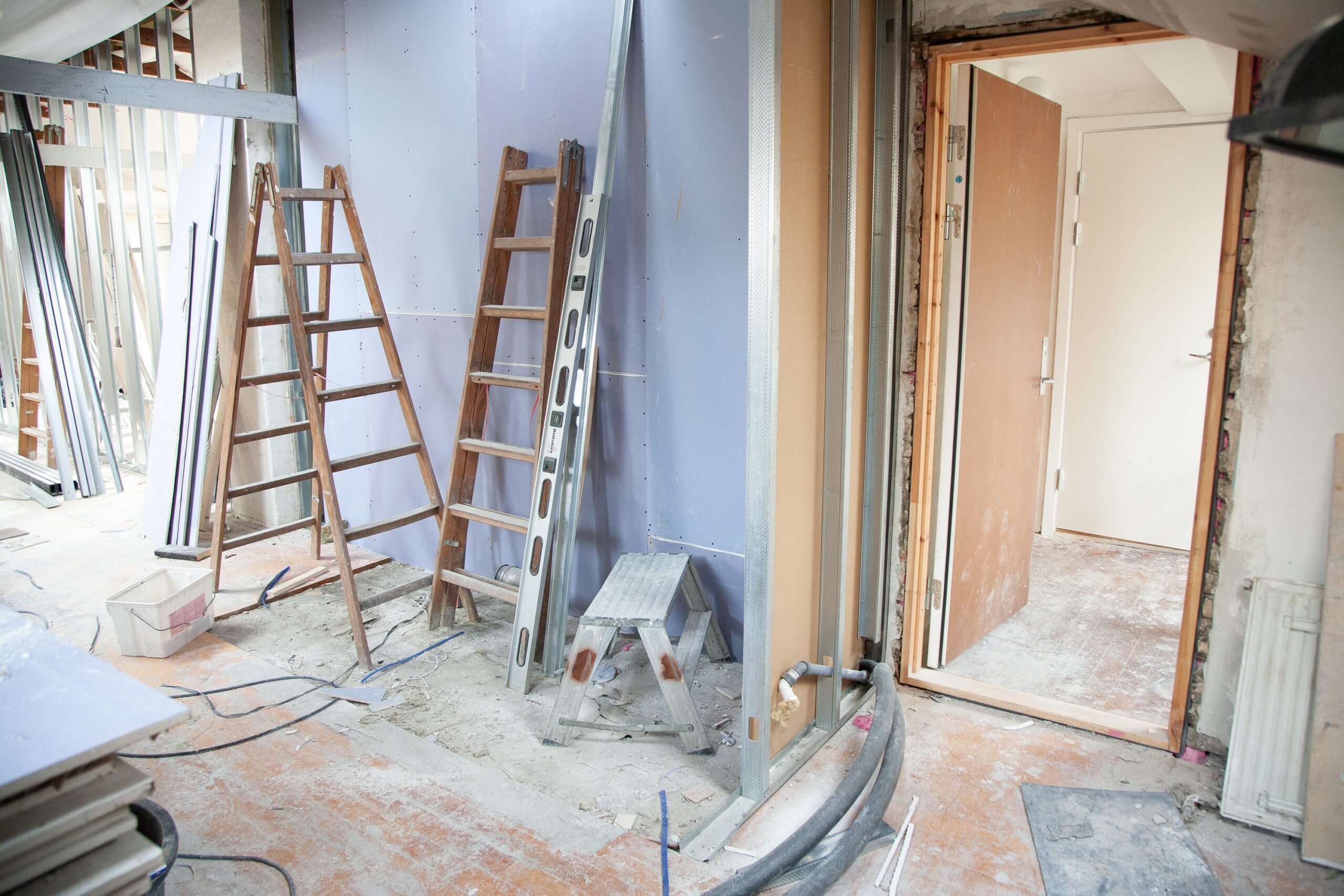Commercial Leasing
If you aren’t familiar with commercial leases, they can appear much more complicated than a residential lease. There are various types, each with its own set of rules that the landlord and tenant must follow.
The three most common types are net leases, gross leases, and modified gross leases. Net leases assign the most responsibility to the tenant, while gross leases task the landlord with more duties. Modified gross leases land somewhere in the middle.
In a modified gross lease, the tenant pays a base rent amount and shares some of the other building expenses. Depending on how the lease is written, the tenant can be responsible for a portion of property taxes, insurance, utilities, or maintenance in addition to their general rent payment.
Pros of Modified Gross Leases
The following are some of the pros of using a modified gross lease:
- Negotiation: All operating expenses are up for negotiation to determine who will pay what. Unlike gross and net leases, where it’s already predetermined, a modified gross lease gives a landlord negotiating room to offload expenses.
- Shared Risk: As taxes, insurance rates, and maintenance costs fluctuate, the tenant and landlord share the risk. Neither party will face a drastic change in expenses on their own.
- Clarity: Modified gross leases provide clarity for the tenant. For example, rather than the landlord having to incorporate a fee into the rental amount to account for electricity, the tenant can clearly see their utility usage as a separate bill and budget accordingly.
Cons of Modified Gross Leases
As a property owner, be sure you consider the following cons of modified gross leases:
- Less Control: As a landlord, you have more control when you are in charge of all operating expenses. When you leave duties in the hands of others, you can’t be sure your renter will take care of everything to your standards.
- Resale: Investors tend to favor net leases as more of the expenses are the tenant’s responsibility. Therefore, selling a commercial property with a modified gross lease in place may be more difficult.
- Changing Costs: If the tenant were in charge of all operating expenses, any cost changes would not affect you as the landlord. However, with a modified gross lease, your yearly expenses are subject to change.
Is it Right for You?
As you consider your next property purchase or renting your space to a new tenant, consult an experienced commercial real estate professional to determine the right fit for you.
If you have questions about leasing or purchasing commercial real estate, please contact Steve Longenecker and Northern Colorado Commercial Real Estate at WeBrokerCORealEstate or 720-600-9513.
We give out $250 gift cards for referrals that become our real estate clients.
Like, Share & Follow us on LinkedIn and Facebook.
#longmontcommercialrealestate #commercialrealestatebroker #northerncocommercialrealestate








